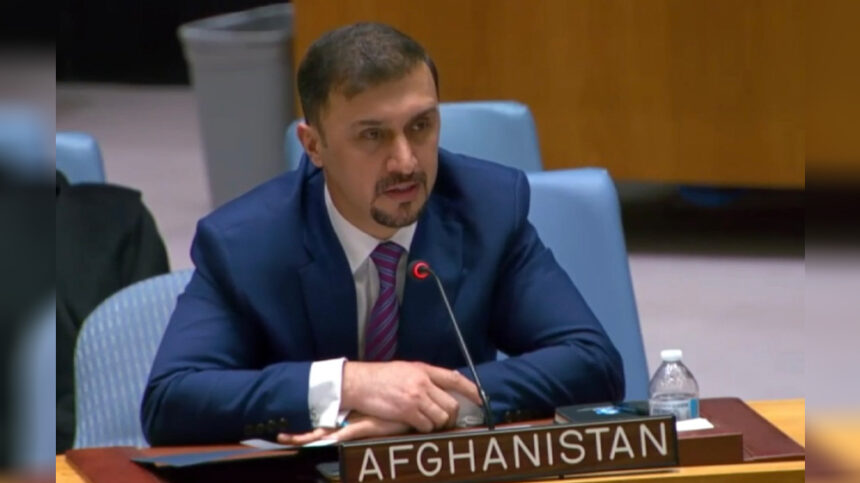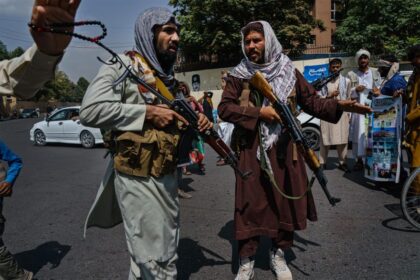RASC News Agency: Nasir Ahmad Faiq, Afghanistan’s permanent representative to the United Nations, has denounced the Taliban’s latest restrictive policies, calling them a clear expression of hostility toward the Afghanistani people. In a statement issued on Sunday night December 29, via X (formerly Twitter), Faiq underscored that Afghanistan is grappling with international isolation, political instability, economic stagnation, and social disarray due to the absence of a legitimate, accountable, and inclusive government. Despite these profound challenges, the Taliban persist in issuing decrees that intensify repression, particularly targeting women.
The Taliban’s supreme leader recently decreed that windows must be constructed in a manner that obscures women’s presence and movement. Simultaneously, the Taliban’s Ministry of Economy has warned NGOs against violating the ban on employing women, threatening to revoke the licenses of organizations that fail to comply. Reports indicate that the Taliban leader may be preparing to impose a total ban on NGO activities across the country. These restrictions come at a time when NGOs are vital in delivering life-saving humanitarian aid to millions of Afghanistanis. Last year, the Taliban barred women from working within these organizations, further undermining their operations. Observers have noted that the Taliban’s actions stem from a cultural framework deeply rooted in Pashtunwali, a tribal code that perceives women as sources of shame and sin, confining them strictly to domestic roles.
Despite these cultural underpinnings, the Taliban publicly justify their sweeping limitations on women as rooted in religious and ideological doctrines, denying any connection to their tribal and patriarchal worldview. These regressive measures have drawn widespread condemnation, highlighting the ongoing plight of Afghanistani women under the Taliban’s oppressive regime.






